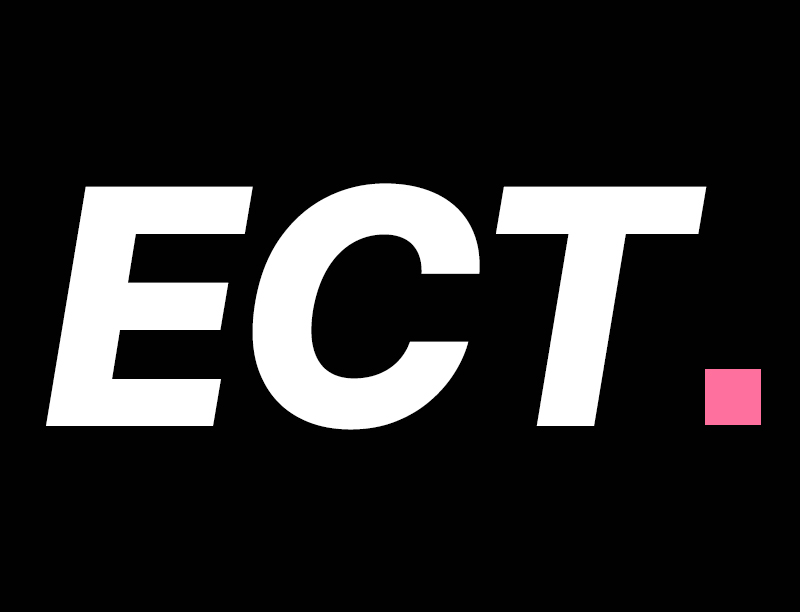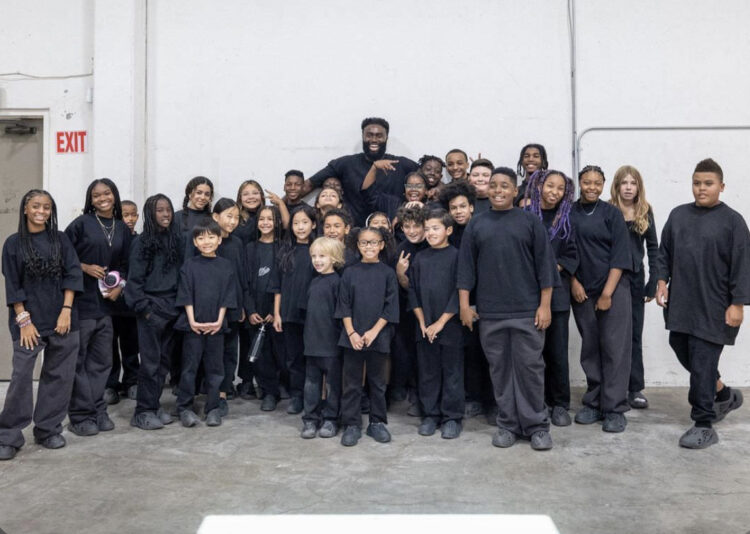According to Rolling Stone two defendants, Cecilia Hailey and her daughter Chekarey Byers, claim they were unfairly fired from Donda Academy in March in retaliation for reporting code violations.
They also allege they experienced racial discrimination and frequently received paychecks that came up several thousand dollars short of what they were owed.
The lawsuit, obtained by Rolling Stone, offers one of the most in-depth glimpses into the inner workings of Donda Academy.
A Rolling Stone investigation into the school last year found that, at the time, the school was still not accredited; that the principal and executive director hadn’t previously held a formal position as an educator; and that families sending their children to the school had to sign non-disclosure agreements.
Ron Zambrano, a lawyer representing Hailey and Byers, said in a statement, “Kanye West is clearly as bad at running a school as he is at managing his own personal and professional life, enabling an unsafe and illegal school environment for students that also discriminated against the plaintiffs based on their race.
These egregious violations at Donda Academy are just another example of West’s unusual behavior, and our clients just won’t stand for it, no matter his celebrity status. Kanye needs to realize his genius is in creating music, not in school administration.”
Byers added, “I’m extremely sad about all of this. It was such a huge honor and privilege to work at Donda Academy for Kanye West. I’m a huge Kanye fan. His first album was the first I ever purchased.
I still enjoy his music, and I’ll never deny his talent, but while his vision for the school sounds great on paper, it’s just pure chaos and mutiny. It’s like a mental hospital being run by the patients.” (Donda Academy did not immediately return Rolling Stone’s request for comment.)
Hailey first started working at Donda Academy in Nov. 2022, joining as a substitute teacher before becoming a third-grade teacher in January of this year.
Byers also joined the school in January as a fifth-grade teacher. (The suit alleges they were the “only female, African American teachers at Donda Academy.”)
Hailey, who’d spent 25 years working in education, even serving as a dean of two colleges, soon noticed “multiple health and safety violations, as well as unlawful educational practices.”
When it came to the education Donda Academy was supposed to provide its students, the suit says the school was not following California state regulations “for students in need of educational services, additional testing, or individualized learning plans.”
It adds that the “teachers were not trained or required to have Basic Life Support or mandatory-reporting training.”
There was also allegedly a complete absence of any “proper disciplinary system” at Donda Academy, and students were “subject to severe bullying.”
The suit outlines one incident where a student allegedy assaulted an eighth-grader by “slapping her,” before trying to “assault another teacher.” Though the student had allegedly been involved in numerous bullying incidents before — “both physically and verbally” — they’d all gone without discipline.
Other issues at Donda Academy, according to the suit, ranged from the concerning to surreal. The plaintiffs claim the school had neither janitorial services, security precautions, nor even a school nurse or medical access (one student’s EpiPen was allegedly “stored on top of the microwave”).
West also allegedly “did not believe in cleaning products containing chemicals, so teachers were only allowed to clean with acid water and microfiber cloths.”
West’s various proclivities reportedly shaped all the goings-on at the school, down to what was served for lunch every single day: Sushi. “Students were not allowed to bring any outside food for anything other than water,” the suit claims. “It was widely known that Defendant West spends $10,000.00 a week on sushi.”
Furthermore, West allegedly forbade crossword puzzles and coloring sheets; did not want children using forks or utensils; and prohibited classes from taking place on the second floor because he was “reportedly afraid of stairs.” West’s design preferences were a factor too, influencing everything from the color of cups and bowls (all gray) to the color and brands of clothing everyone was required to wear (“black from head to toe,” no Nike or Adidas). West also allegedly “did not allow color in the classrooms or artwork hung on the walls.”
According to the suit, West didn’t allow chairs at Donda Academy either, meaning “children had to sit on foam cushion or stand, and teachers had to stand or use a stool.”
The school was allegedly “locked from the outside during the school day,” and students were not allowed to go outside, meaning recess and lunch — which the entire school took at the same time — was held indoors. Students allegedly “had to eat their lunch on the floor as there were no tables,”
Hailey claims she complained to Donda Academy’s principal/director, Moira Love, on at least three separate occasions, but “no action was taken to remedy” the issues raised.
Instead, the suit claims, Love called Hailey and Byers “aggressive” in front of others, which the plaintiffs believe “facilitates stereotypes about African-American women as being confrontational simply for doing their job and voicing their legitimate concerns in order to provide a safe environment and proper education for their students.” Hailey also tried to raise some issues with West himself, but was allegedly “threatened not to reach out to him.”
As for the reported payment issues, Hailey and Byers claimed that as the school allegedly dropped $10,000 a week on sushi, their pay was “untimely or inaccurate,” coming up short “approximately $1,800.00 to $2,700.00 per pay period.”
According to the suit, Hailey and Byers were fired on March 3 upon arriving at Donda Academy. “When asked why they were being terminated,” the suit reads, “Defendants did not provide them with a reason.
Plaintiffs are informed and believe that they were terminated in retaliation for their complaints about Defendants’ unlawful and unsafe educational practices.”








